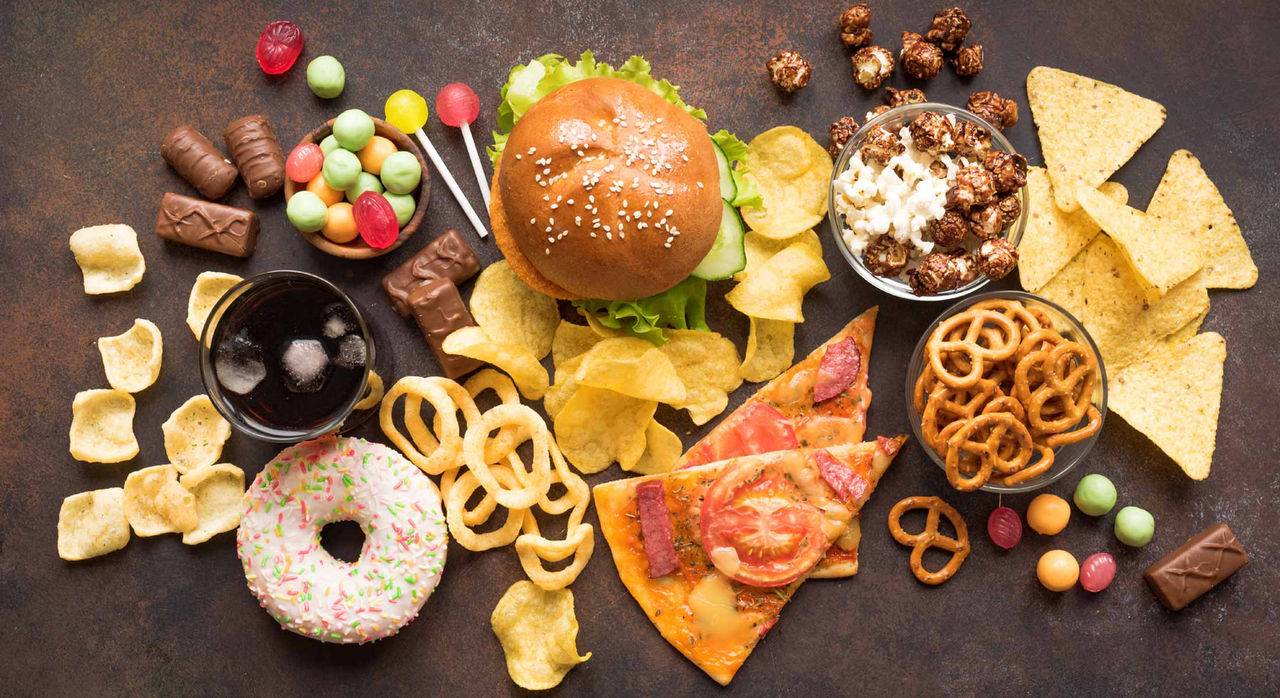High cholesterol is a condition in which there is an excess of cholesterol in the bloodstream. This condition is associated with a variety of health problems, including heart disease and stroke. If you have high cholesterol, it is important to be mindful of the foods you eat. In this article, we will discuss the foods you should avoid because of high cholesterol and what to eat instead.
Foods to Avoid
Saturated and Trans Fats: Saturated and trans fats raise LDL (bad) cholesterol levels in the blood. These fats are found in red meat, dairy products, fried foods, and many processed foods. Avoiding these types of fats is essential in managing high cholesterol levels.
High Cholesterol Foods: Foods high in cholesterol, such as egg yolks, organ meats, and shellfish, should also be limited in the diet.
Refined Carbohydrates: Refined carbohydrates, such as white bread, pasta, and sugary snacks, can cause a spike in blood sugar levels, leading to an increase in triglycerides (a type of fat in the blood) and a decrease in HDL (good) cholesterol levels.
What to Eat Instead
Fruits and Vegetables: Fruits and vegetables are an excellent source of fiber, which can help lower cholesterol levels. They are also low in saturated and trans fats, making them an ideal food choice for those with high cholesterol.
Whole Grains: Whole grains, such as brown rice, quinoa, and whole-wheat bread, are high in fiber and can help reduce LDL cholesterol levels.
Lean Proteins: Lean proteins, such as chicken, fish, and beans, are low in saturated and trans fats and are an excellent source of protein.
Nuts and Seeds: Nuts and seeds are high in unsaturated fats, which can help lower LDL cholesterol levels. They are also an excellent source of fiber and protein.
Plant-based Oils: Plant-based oils, such as olive oil, avocado oil, and canola oil, are high in unsaturated fats and can help lower LDL cholesterol levels.
Low-fat Dairy: Low-fat dairy products, such as milk, cheese, and yogurt, are lower in saturated fat than full-fat dairy products and can be a good source of protein and calcium.
In summary, managing high cholesterol levels requires a balanced and healthy diet that is low in saturated and trans fats and high in fiber and unsaturated fats. Incorporating more fruits and vegetables, whole grains, lean proteins, nuts and seeds, plant-based oils, and low-fat dairy products into your diet can help you achieve your cholesterol-lowering goals. Consult with your doctor or a registered dietitian to create a personalized meal plan that meets your specific needs.



No comments yet
Be the first to share your thoughts!